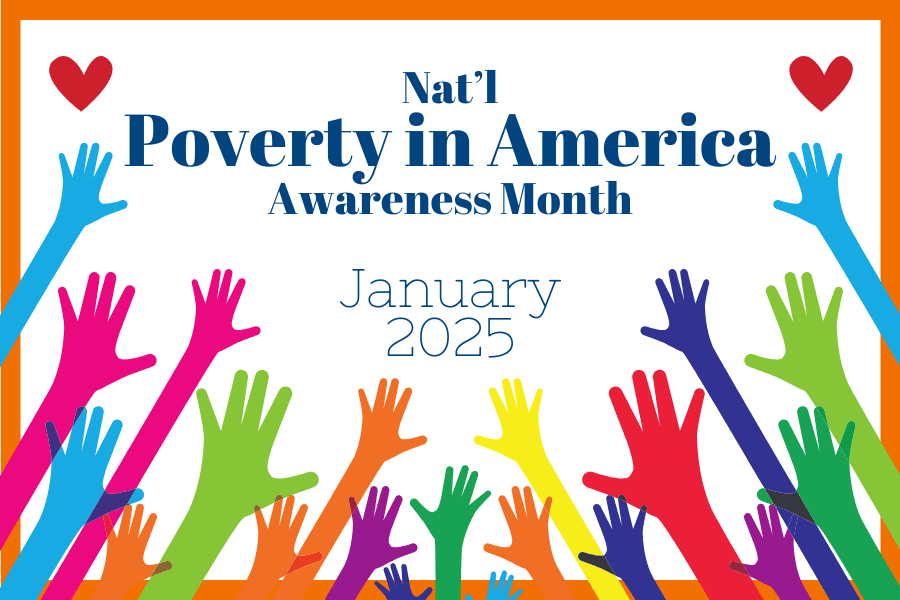
The causes of child poverty are closely linked to those of adult poverty. One significant reason families experience poverty is the high costs associated with raising children. Other contributing factors include job losses, pay cuts, transitions from two-parent households to single-parent households, and the development of disabilities among family members. When parents struggle to meet their basic needs, their children often grow up facing economic instability and deprivation. In the United States, there is no comprehensive social safety net to fully protect children from the emotional, physical, neurological, and generational effects of such instability.
Children living in poverty face financial instability and attend under-resourced schools, often in neglected neighborhoods. They suffer from adverse health outcomes and may become involved with the child welfare and criminal justice systems. Economic inequality is linked to structural inequities, particularly affecting children of color due to historical racism. Over 10% of children live in areas of concentrated poverty, with African American and American Indian children seven times more likely than white children to experience these conditions. Many also face housing instability, with over a quarter experiencing eviction before age 15. Research indicates that a child's neighborhood significantly impacts their long-term outcomes, highlighting that improving wages alone cannot resolve the issues driving child poverty.
The forces that created segregated neighborhoods of concentrated poverty have also led to the segregation of low-income students and students of color in under-resourced schools, failing to meet their needs. Without strong federal support, most states distribute educational funds inequitably, exacerbating achievement gaps and hindering upward mobility due to institutionalized racism and unequal investments. Moreover, institutions meant to support children often contribute to cycles of criminalization. Disciplinary practices in schools disproportionately affect low-income, disabled, and Black students, leading to the school-to-prison pipeline. Additionally, child welfare agencies’ definitions of neglect often align with the difficulties of poverty, leading to surveillance and separation rather than support for struggling families. These structural inequities highlight the need to view child poverty as a consequence of policy choices, not just economic factors.
At least 85% of children who attend Operation Xcel programs reside in underserved neighborhoods and participate in the district's under-resourced and lowest-performing schools. That means that for every 10 students that attend the program, 8.5 students live in poverty. Fortunately, Operation Xcel upholds its commitment, through its academic and enrichment programs, to:
· provide equal access to quality educational resources,
· support the diversity of thought,
· create a strong foundation for the development of lifelong learners,
· foster civic engagement, and
· encourage career readiness in our youth
despite one’s economic or social status, race or ethnicity, or the zip code where they reside. Operation Xcel empowers youths and their families by helping them believe that each young person can positively impact their community. The organization aims to guide youth toward successful careers in their chosen STEAM fields, careers that can lift them out of poverty and its associated challenges. These once-struggling individuals can then help others escape despair and address societal disparities.
Addressing the systemic issues contributing to economic, social, and educational inequities is a different challenge. Our government has been making gradual progress rather than taking significant action to tackle the root causes of poverty in this country. Employers must be held accountable for pay disparities, especially in light of the Equal Pay Act and the Lily Ledbetter Fair Pay Act. However, as is often the case in America, change only occurs when circumstances compel it. What needs to happen for our leaders to pay attention to and confront the issues that create conditions for families to live in poverty—right here in America, not in Africa or Palestine? When will we commit to being our brothers' and sisters' keepers, ensuring everyone is treated equally and has access to the pursuit of happiness in America? Children should not have to worry about where their next meal will come from, what they will wear, or whether they will have the opportunity to go to school and prepare for adult life.

